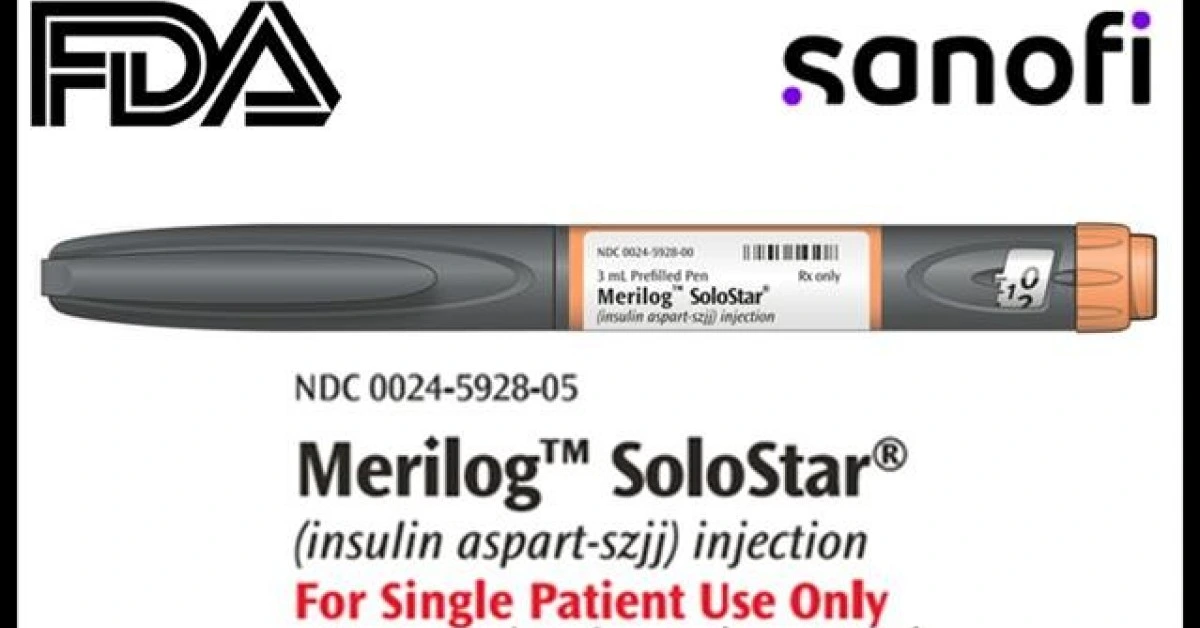
FRANCE – Sanofi’s subsidiary has achieved a significant milestone with the approval of the first biosimilar for Novo Nordisk’s Novolog, a widely used fast-acting insulin.
The new biosimilar, named Merilog, has been approved by the FDA for treating both adult and pediatric patients with type 2 diabetes.
This approval makes Merilog the first biosimilar for rapid-acting insulin, which is typically used to control blood sugar spikes after meals. It is also only the third insulin biosimilar to receive approval in the United States.
Novo Nordisk’s Novolog, also known as NovoRapid outside the US, is a major part of their insulin business, generating around US $1.5 billion globally. The US accounts for a significant portion of those sales, contributing roughly US $1 billion.
Last year, Novo Nordisk also introduced a new version of this insulin, called Fiasp, which has a patent lasting until 2030 and added another US $230 million to their fast-acting insulin sales.
Peter Stein, the FDA’s Director of the Office of New Drugs, highlighted the significance of this approval, saying, “The approval of the third biosimilar insulin highlights our continued efforts to improve the efficiency of the biosimilar approval process to help support a competitive marketplace and increase options for costly treatments, like insulin.”
Merilog is now available in two formats: a 3ml prefilled pen for single patient use and a 10ml vial for multiple doses. It should be injected subcutaneously within 5 to 10 minutes before meals.
This approval comes after the FDA’s approval of two biosimilars of Sanofi’s Lantus (insulin glargine) – Semglee by Viatris and Rezvoglar by Eli Lilly – which were approved in 2021.
These approvals arrive at a time when the US insulin market is undergoing significant changes, including calls for price reductions and the introduction of a US $35 monthly insulin copay cap for Medicare recipients.
This shift has pressured large producers to lower prices on some older insulin products. Despite the loss of patent protection for some insulin brands, Novo Nordisk has seen reduced impact due to the growing success of its GLP-1 diabetes treatments, such as Ozempic (semaglutide).
The company is now focusing on newer products, shifting its production efforts away from older insulin formulations.
Over 38 million people in the US are diagnosed with diabetes and approximately 8.4 million relying on insulin therapy.
Sarah Yim, Director of the Office of Therapeutic Biologics and Biosimilars at the FDA, said, “For the millions of people who rely on daily injections of insulin for treatment of diabetes, having a biosimilar option for their rapid-acting insulin injection can truly make a difference, as biosimilar products have the potential to increase access to these life-saving medications.”
XRP HEALTHCARE L.L.C | License Number: 2312867.01 | Dubai | © Copyright 2025 | All Rights Reserved